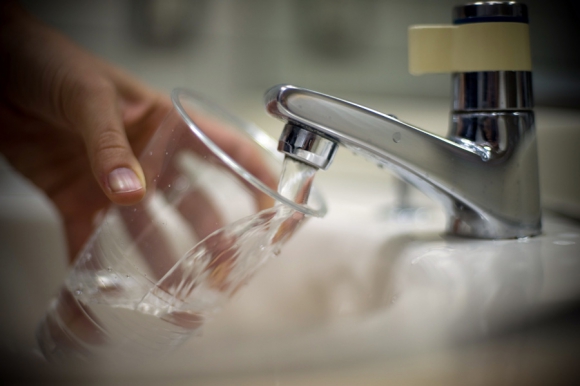Salty Drinking Water in Uruguay
Uruguay’s capital reservoir is running dry, leading officials to add saltwater to the public drinking supply.
Uruguay is grappling with a water crisis caused by a severe drought, making tap water too salty to consume. Two critical reservoirs have depleted to levels where salt concentrations exceed recommended limits. Pregnant women and individuals with heart or kidney issues have been advised against consuming tap water. Despite purification efforts, official data suggests that the remaining water reserves will only last for another 18 days.
The crisis is attributed to low rainfall, inadequate planning, and a history of mismanagement, including deforestation, agricultural intensification, and the negative impact of industries such as timber and soybeans.
This marks the second water crisis in a decade for Uruguay, with a previous incident involving high phosphorus contamination in 2013.
Actions to Take:
- Maintain awareness of water supplies in your area.
- If you are pregnant, or if you suffer from chronic kidney disease, cardiac failure, or cirrhosis, avoid drinking water supplied by OSE, and consult your doctor.
- If you are taking medication for hypertension or diuretic medication, limit your intake of water supplied by OSE as much as possible and consult your doctor. Frequent blood pressure checks are recommended.
- If possible, use bottled water to prepare formula for infants.
- Monitor and heed messages from the Government of Uruguay regarding the conservation of water.
